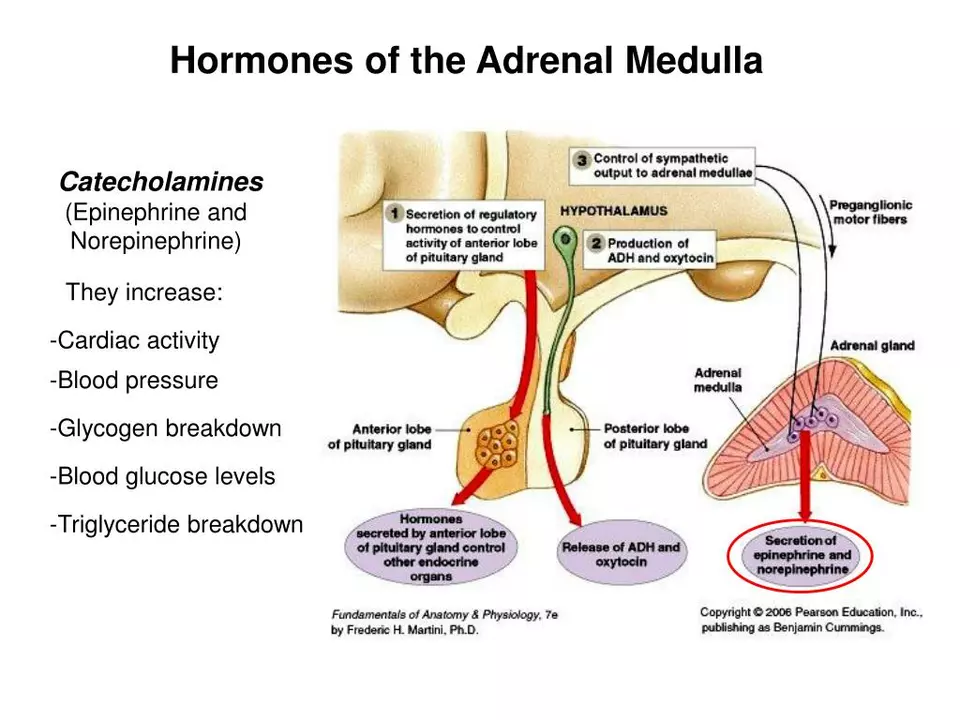Glucocorticoids (often just called steroids) are powerful drugs used to calm inflammation and the immune system. You’ll see names like prednisone, dexamethasone, hydrocortisone, and methylprednisolone. They can stop flares fast — asthma attacks, severe allergic reactions, autoimmune flares, and certain skin or joint problems respond well. But they come with real risks, especially when used long term.
If you’re starting a course or already on one, the next paragraphs give plain, useful steps you can follow to get benefits and reduce harm.
Short courses (a few days) usually cause few problems beyond mood changes, trouble sleeping, or a bit of appetite gain. Longer use raises the stakes: weight gain, fluid retention, higher blood sugar, raised blood pressure, weakened bones (osteoporosis), muscle weakness, and higher infection risk. Your skin may thin and bruise easily; mood swings and anxiety are common too. Rare but serious issues include cataracts and avascular necrosis of the hip.
Watch for new or worse infections, sudden weight gain, fast blood sugar rises if you have diabetes, severe stomach pain, or black stools. If you feel faint or very weak after stopping steroids, that could be adrenal insufficiency — call your clinician.
Never stop long-term steroids suddenly. Ask your doctor about a taper plan so your adrenal glands recover. Take the lowest effective dose for the shortest time that controls your symptoms. Take pills with food to cut stomach upset. If you’ll be on steroids for weeks or months, talk about bone protection: calcium, vitamin D, weight-bearing exercise, and sometimes a bone-sparing medicine.
Monitor blood pressure and blood sugar regularly if you have risk factors. Keep up with recommended vaccines, but talk to your clinician first because some live vaccines are not safe while on high-dose steroids. Carry a steroid card or note in your phone so any treating clinician knows you’re on steroids in an emergency.
Thinking of buying steroids online? You need a prescription. Use licensed pharmacies, check for verified contact details, clear return policies, and avoid sites that sell powerful drugs without asking for a prescription. Our site includes articles about safe online pharmacies and red flags to avoid.
If side effects start or your symptoms change, contact your healthcare provider. Good care with smart monitoring makes steroids a useful tool rather than a long-term problem. If you want, check linked posts on this tag for guides about specific drugs, safety tips, and safe buying practices.

As a blogger, I recently came across some interesting information on Betamethasone and its potential impact on blood sugar levels. Betamethasone is a corticosteroid medication that is used to treat various inflammatory conditions. However, it has been found that this medication can cause an increase in blood sugar levels, especially in individuals with diabetes. If you're using Betamethasone, it's essential to keep a close eye on your blood sugar levels and consult with your doctor about potential adjustments in your diabetes management plan. It's always important to stay informed about the potential side effects of any medication we take to maintain our health and well-being.
